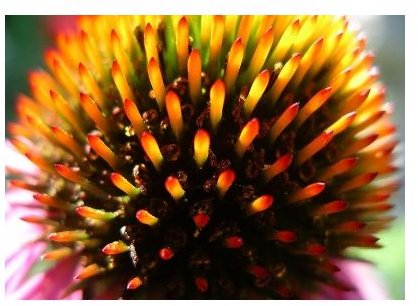Learn the Health Benefits of Echinacea Tea
Echinacea Tea

Echinacea belongs to the family Asteraceae (commonly known as Coneflower) and is native to central and eastern North America. There are nine species of echinacea but only three are used for medicinal purposes: echinacea purpurea, echinacea angustifolia, and echinacea pallida.
It is believed that Native Americans have been using echinacea for over 400 years as a general “cure-all”. It was very popular in the 18th and 19th centuries (to treat problems such as diphtheria, malaria, scarlet fever, and syphilis) but its use in the United States began to decline after antibiotics were introduced.
Health Benefits of Echinacea Tea
Echinacea tea is one of the best known herbal remedies for boosting the immune system. Instead of killing bacteria (including good bacteria) like antibiotics do, echinacea strengthens the immune system so the body can naturally fight off bacteria, viruses, and fungus.
Echinacea tea can help treat colds, coughs, sore throats, fevers, ear infections, and urinary tract infections.
In one study performed in 2007, it was shown that the chances of getting a cold were decreased by more than half and the duration of a cold was shorten by an average of 1.4 days when taking echinacea.[1]
To get the best effects, you should drink echinacea tea when the first sign of a cold occurs.
Other benefits from drinking echinacea tea include:
- treating skin problems (when used externally), such as eczema and boils
- treating asthma
- relieving inflammation associated with arthritis.
Preparing Echinacea Tea
The roots, leaves, stems, and flowers of the echinacea plant are used to make tea.
Pour 1 cup of boiling water over one of the following, cover, steep for 5 minutes, and strain:
- 1/4 cup of fresh plant material
- 2 teaspoons of dried plant material.
To enjoy the health benefits of echinacea tea even more, add a little honey or freshly squeezed lemon juice. Both honey and lemon help boost the immune system.
References
[1] Echinacea Cuts Colds by Half, WebMD Health News, June 26, 2007.
Disclaimer
Please read this disclaimer regarding the information contained within this article.
This post is part of the series: Herbal Tea Benefits
Health benefits of herbal teas.